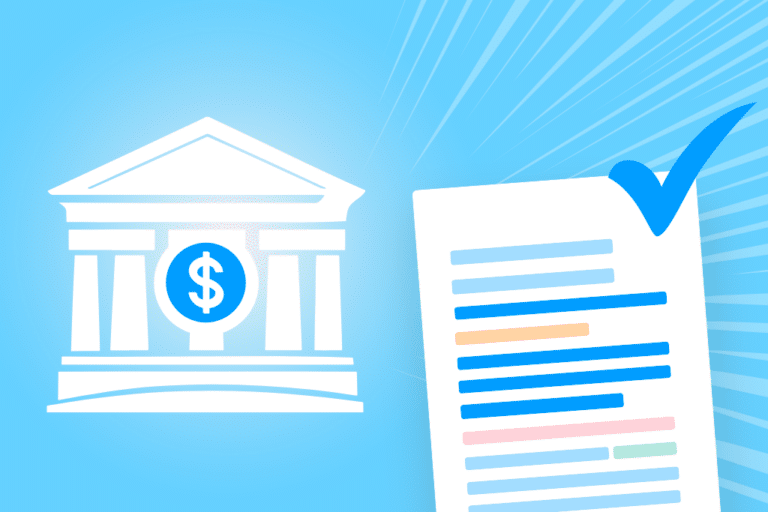According to Mike Orcutt of the MIT Technology Review, ‘In 2019, blockchains will start to become boring’ as the hype finally subsides. But will the public electronic ledger finally deliver on its promises and finally become more usable?
1, 2, 3 …. Blockchain
The substantial hype that surrounds blockchain and its potential is set to power down this year. Karim Lakhani, professor at Harvard Business School has labelled the technology, “probably the most hyped term in the history of technology and business”. Analysis from Gartner last year noted that while its ‘technical capabilities are evolving’ it is ‘not yet sufficient for mission-critical enterprise use’. But that does not mean big businesses are not engaging more and more with the distributed ledger technology as its potential becomes more real. In PWC’s 2018 Global Blockchain survey, 84% of organisations surveyed responded that they have some degree of involvement with blockchain technology, with over 30% of those in the development phases.
The long-idealised potential for business transformation, however, will be viewed through a more realistic lens in 2019. Here are 3 Blockchain trends to take note of for 2019:
1: Blockchain will expand notably beyond finance
Blockchain is poised to break free from leading the financial services pack in 2018 and increase its gains in industrial products, energy, life insurance markets, pharma and healthcare. These industries require modernisation through digitalisation, automation and increased transparency. Blockchain’s ability to bring decentralised entities together while enhancing data security will position it to lend these industries huge advantages in sharing sensitive information. For example, the highly sensitive medical records of patients which are stored in various institutions would hugely benefit from blockchain technology if the finer questions of patience data privacy resound. Healthcare organizations in the U.S. are spending an estimated $2.1 billion annually to maintain data provider costs. CB Insights, a machine intelligence company, have predicted that blockchain technology can expect the first major blockchain entrants in the healthcare industry in 2019. In terms of Pharma, 60% of pharmaceutical companies are now trialling or employing blockchain technology according to a recent study. Shaun Crawford, Global Vice Chair of Industry at EY, wrote recently of the decrease in marine risk thanks to the recent implementation of blockchain in the industry- the first changes to working practices and business models since the 17th century!
2: The Rise of China as a Blockchain Leader
Blockchain investors received a huge boost last summer when Chinese vaccine production was halted as after a discovery that artificial data played a role in vaccines being unsafe for children. Suggestions that the supply chain proceedings should be tracked via blockchain underlined huge support for the technology. The CAC or Cyberspace Administration of China this month announced censorship rules that will be enforced on February 15th to allow for further development of the technology in China. Regulation will strip the technology of its anonymity and allow authorities access to stored data as well as user identification data. A spokesperson for CAC commented that, “The development of blockchain technology has brought great opportunities to the country’s economy and society. But meanwhile, it’s also used by criminals to store and disseminate illegal information”.
China is actively encouraging research into blockchain technology, and at present is piloting blockchain legislation in three regions- Beijing, Shanghai and Guangzhou. A recent PWC 2018 report on China found that 93.3% of entrepreneurs and founders are optimistic about blockchain technology and judging from the aforementioned new legislation, policy normalisation will be the biggest challenge for blockchain technology development in the future.
3: Smart Contracts and Cyber Threats
More and more online legal services are turning to blockchain to experiment with smart contracts. These contracts are essentially ‘computer programs that run on blockchain networks and can automate payments’. Rocket Lawyer and LegalZoom, two leading online companies in the U.S. are piloting various phases of development with the technology. However, thanks to the transparent nature of blockchain, these legal contracts face a whole lot of questions about data privacy constrictions and bugs. Researchers in 2019 hope to get to the bottom of these potential bugs, before cyber hackers get there first.
DiliTrust Governance is a collaborative legal platform to streamline, centralise and organise all legal activities in your Legal Department. DiliTrust Governance allows users to get strategic about data management and data security. To find out more about how our solution can seamlessly support your Legal Department book a free demo here today.



